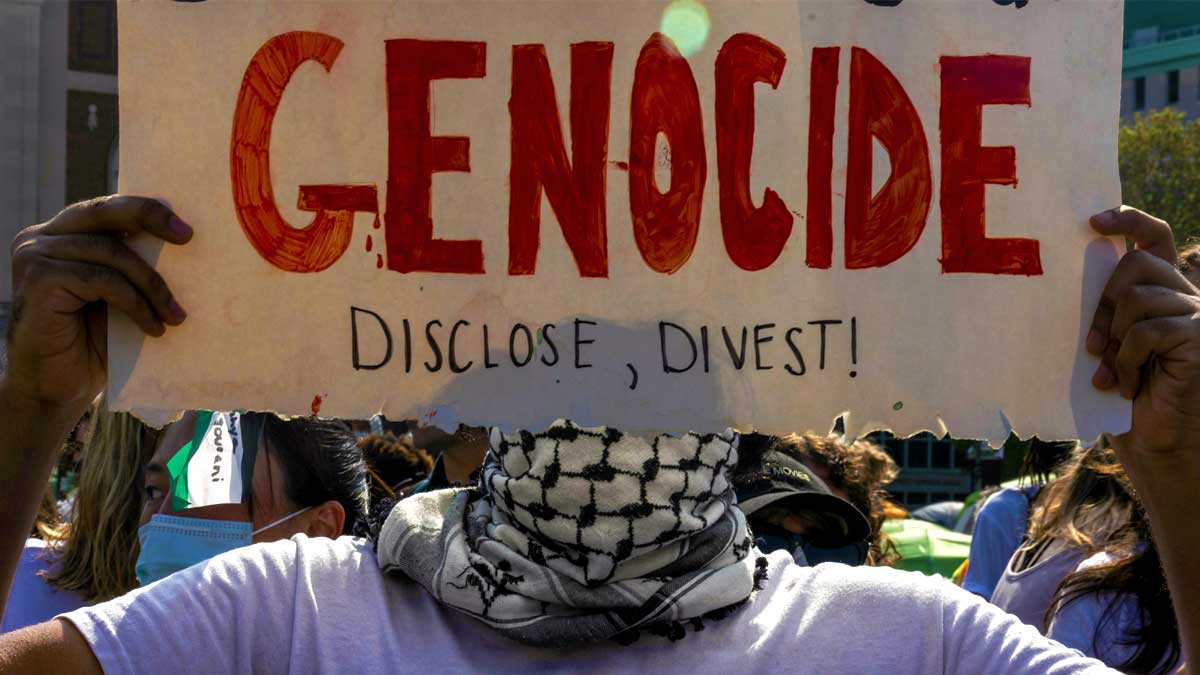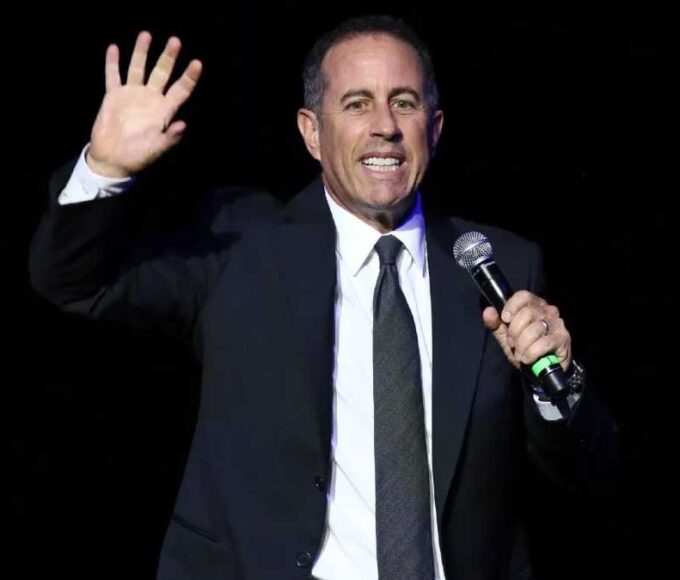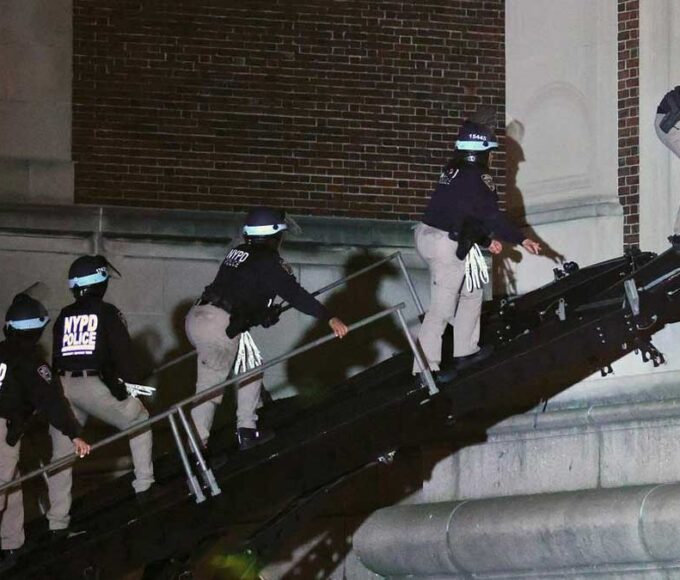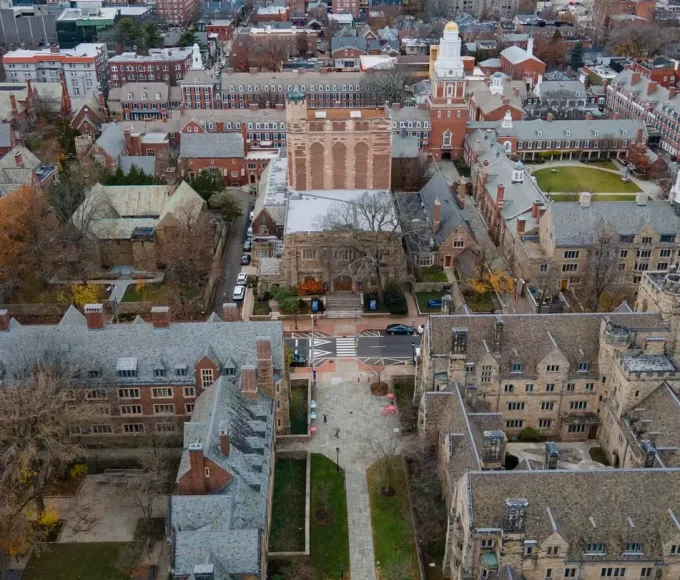- Home
- Billionaires
- Investing Newsletters
- 193CC 1000
- Article Layout 2
- Article Layout 3
- Article Layout 4
- Article Layout 5
- Article Layout 6
- Article Layout 7
- Article Layout 8
- Article Layout 9
- Article Layout 10
- Article Layout 11
- Article Layout 12
- Article Layout 13
- Article Layout 14
- Article Sidebar
- Post Format
- pages
- Archive Layouts
- Post Gallery
- Post Video Background
- Post Review
- Sponsored Post
- Leadership
- Business
- Money
- Small Business
- Innovation
- Shop
Recent Posts
Columbia Cancels Graduation Amid Gaza Protests

Columbia University has decided to cancel its campus-wide graduation ceremony, originally scheduled for next week, due to ongoing protests on campus related to the conflict in Gaza. The decision comes after weeks of demonstrations that escalated, leading to the arrest of over 100 people as police cleared encampments at the university’s request. This move aligns with the recent trend of universities canceling large gatherings in response to protests and security concerns.
The university announced that instead of the traditional campus-wide ceremony, it will focus on “school-level ceremonies, where students are honored individually alongside their peers.” While Columbia mentioned the possibility of a replacement “festive event,” no specific plans have been announced yet. This change reflects the university’s efforts to navigate the challenges posed by the protests and ensure the safety of its community.
Columbia’s decision to cancel the graduation ceremony follows its earlier move to cancel in-person classes and suspend students who refused to vacate an encampment on campus. The university also announced that all final exams will be fully remote, although it has not yet provided further updates on its plans.
House Speaker Mike Johnson criticized Columbia President Minouche Shafik’s handling of the protests, calling for her removal. He accused the university of allowing outside agitators and students sympathetic to terrorism to influence campus policies. This criticism underscores the contentious nature of the protests and the broader implications for university leadership.
The protests at Columbia are part of a broader wave of demonstrations at universities across the country in response to Israel’s conflict with Hamas. The protests at Columbia began with the establishment of an encampment on April 17, which was later disbanded by police. The encampment was re-established and grew in size, leading to the arrests of protesters, including the daughter of U.S. Rep. Ilhan Omar.
Columbia’s decision to cancel its graduation ceremony aligns with similar actions taken by other universities, including the University of Southern California and Cal Poly Humboldt, in response to protests and security concerns on campus. This trend highlights the challenges universities face in balancing academic traditions with the need to address social and political unrest on their campuses.
Protesters at Columbia and other universities are demanding that their colleges agree not to punish demonstrators and to divest from companies with ties to Israel. Some protesters have targeted large companies with business interests in Israel, such as Google and BlackRock. This demand reflects a broader movement on college campuses calling for divestment from companies involved in activities perceived as unethical or harmful.
Notably, several prominent Ivy League donors have threatened to withhold financial support from universities that tolerate what they perceive as anti-Semitic rhetoric during pro-Palestinian protests. This threat underscores the complexities of managing university finances and relationships with donors amid ongoing social and political tensions.
Recent Posts
Categories
- 193cc Digital Assets2
- 5G1
- Aerospace & Defense46
- AI37
- Arts3
- Banking & Insurance11
- Big Data3
- Billionaires426
- Boats & Planes1
- Business328
- Careers13
- Cars & Bikes76
- CEO Network1
- CFO Network17
- CHRO Network1
- CIO Network1
- Cloud10
- CMO Network18
- Commercial Real Estate7
- Consultant1
- Consumer Tech180
- CxO1
- Cybersecurity68
- Dining1
- Diversity, Equity & Inclusion4
- Education7
- Energy8
- Enterprise Tech29
- Events11
- Fintech1
- Food & Drink2
- Franchises1
- Freelance1
- Future Of Work2
- Games141
- GIG1
- Healthcare78
- Hollywood & Entertainment186
- Houses1
- Innovation42
- Investing2
- Investing Newsletters4
- Leadership65
- Lifestyle11
- Manufacturing1
- Markets20
- Media193
- Mobile phone1
- Money13
- Personal Finance2
- Policy567
- Real Estate1
- Research6
- Retail1
- Retirement1
- Small Business1
- SportsMoney33
- Style & Beauty1
- Success Income1
- Taxes2
- Travel10
- Uncategorized8
- Vices1
- Watches & Jewelry2
- world's billionaires395
Related Articles
ChatGPT’s Voice: Redefining Accessibility in Education
On October 4, I had the remarkable opportunity to join hundreds of...
By 193cc Agency CouncilOctober 5, 2024Protesters Walk Out of Seinfeld’s Duke Speech
During Duke University’s commencement ceremony, a group of approximately 40 students staged...
By 193cc Agency CouncilMay 13, 2024Columbia President Defends NYPD Call, Moves Finals Online
Columbia University President Minouche Shafik’s recent statement regarding the campus protests and...
By 193cc Agency CouncilMay 2, 2024Yale May Reinstate SAT Requirement, Following Dartmouth
In a potential shift in admissions policy, Yale University is contemplating requiring...
By 193cc Agency CouncilFebruary 15, 2024















Leave a comment